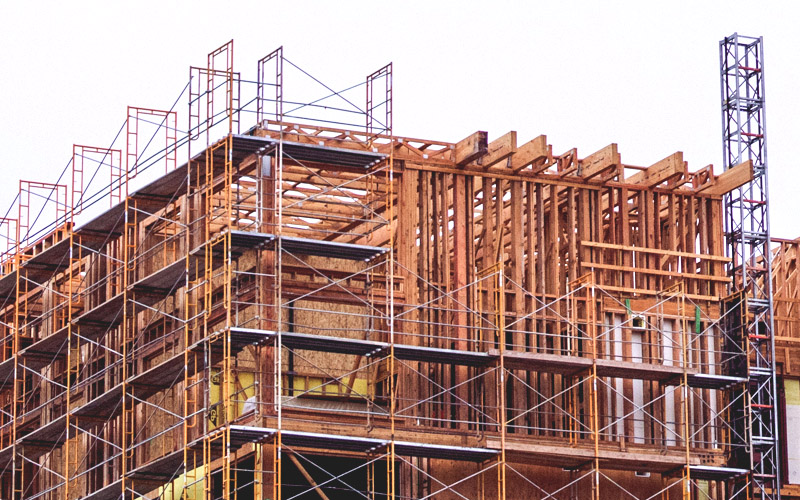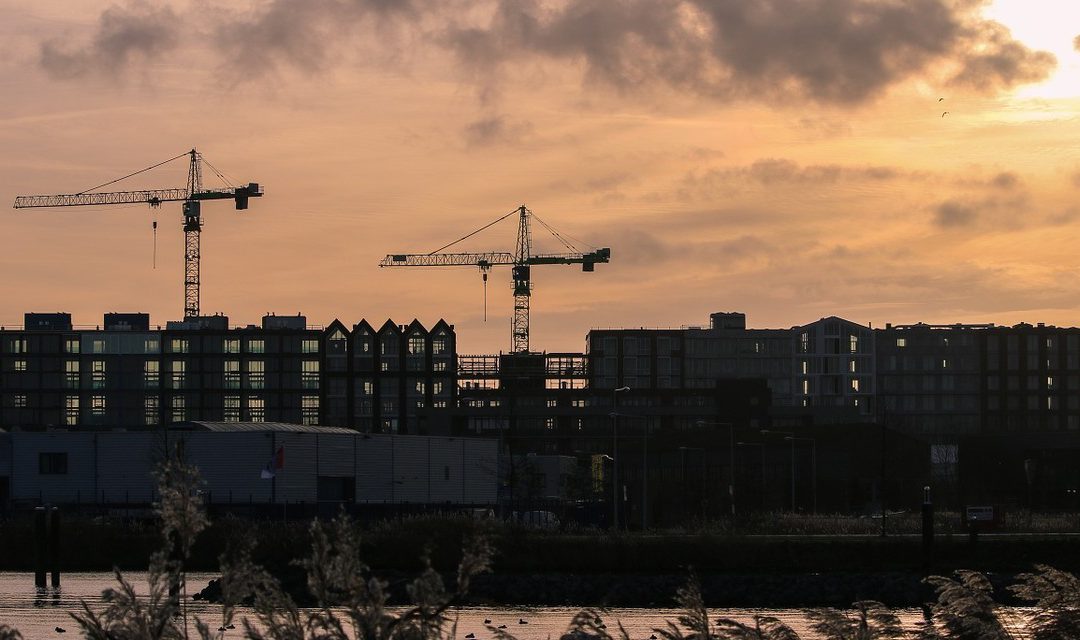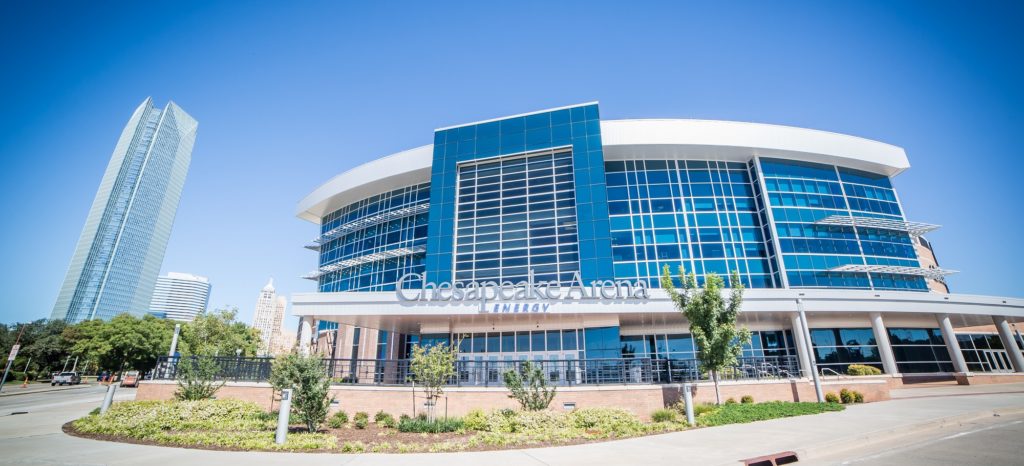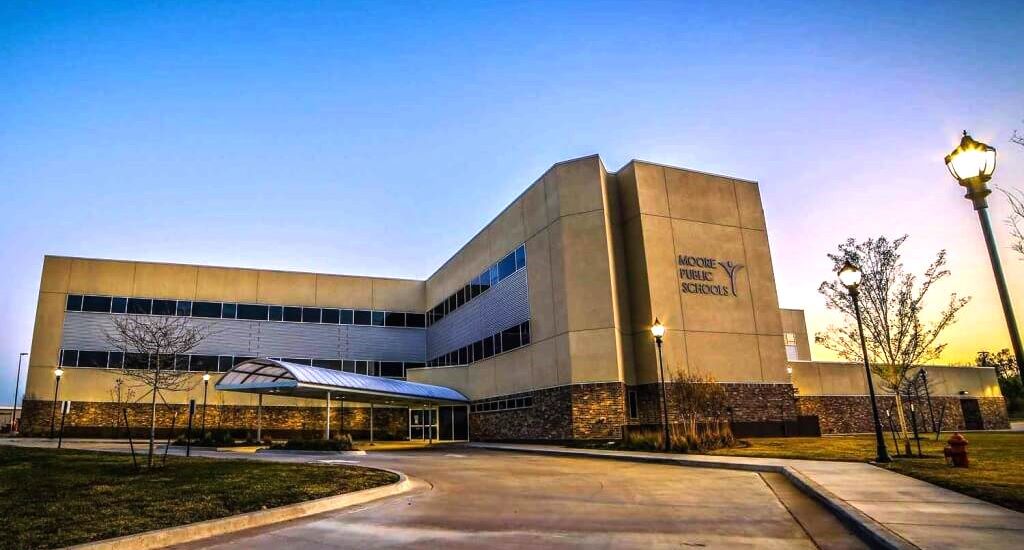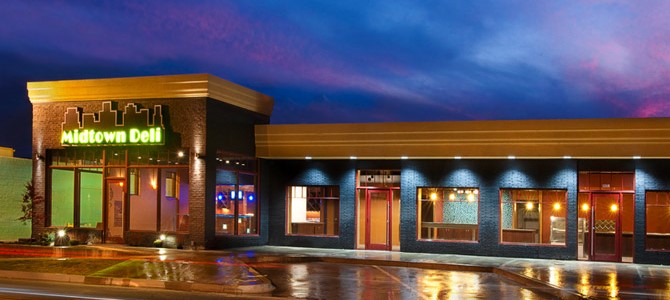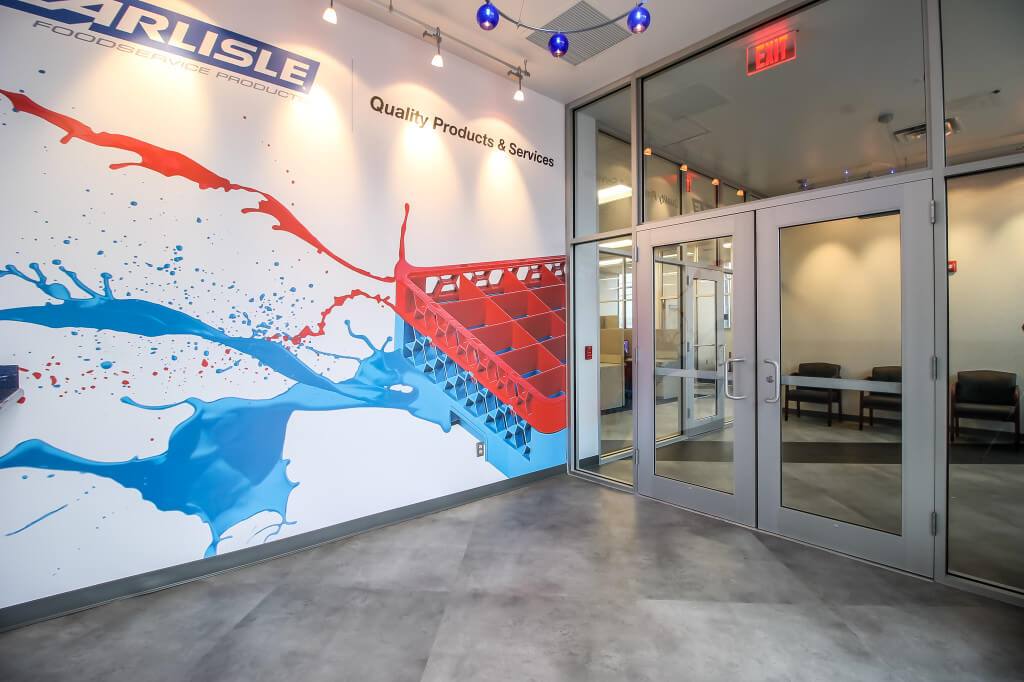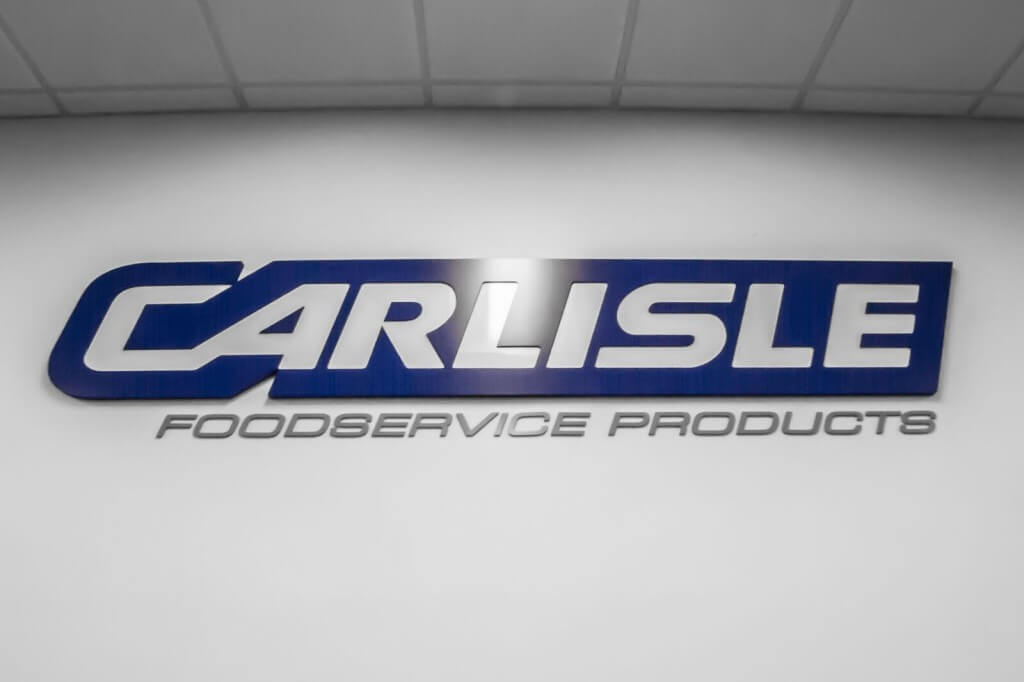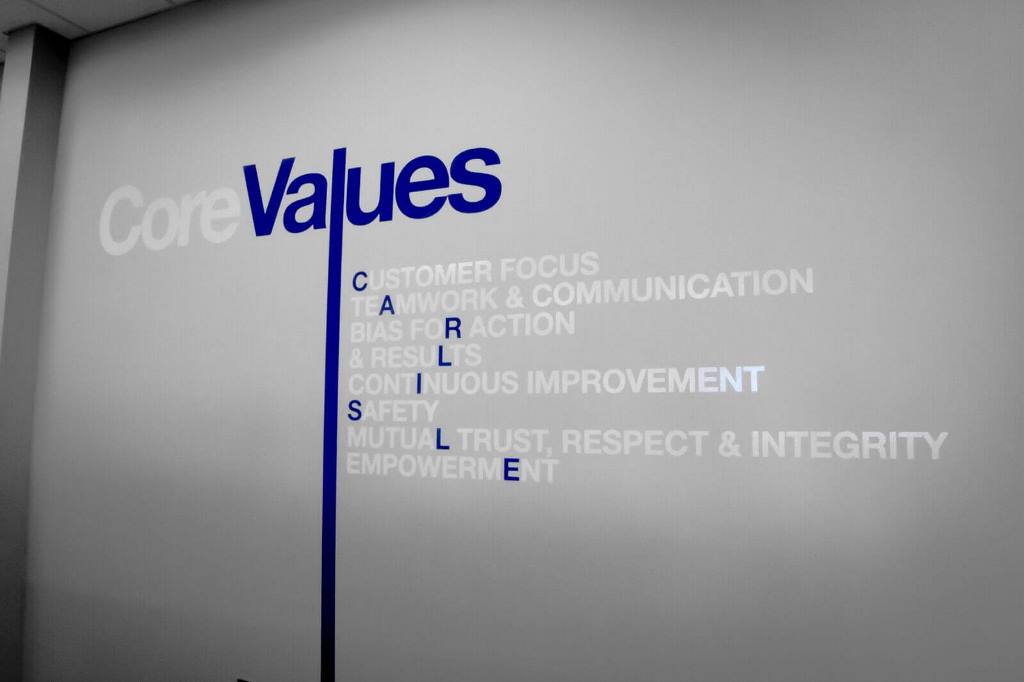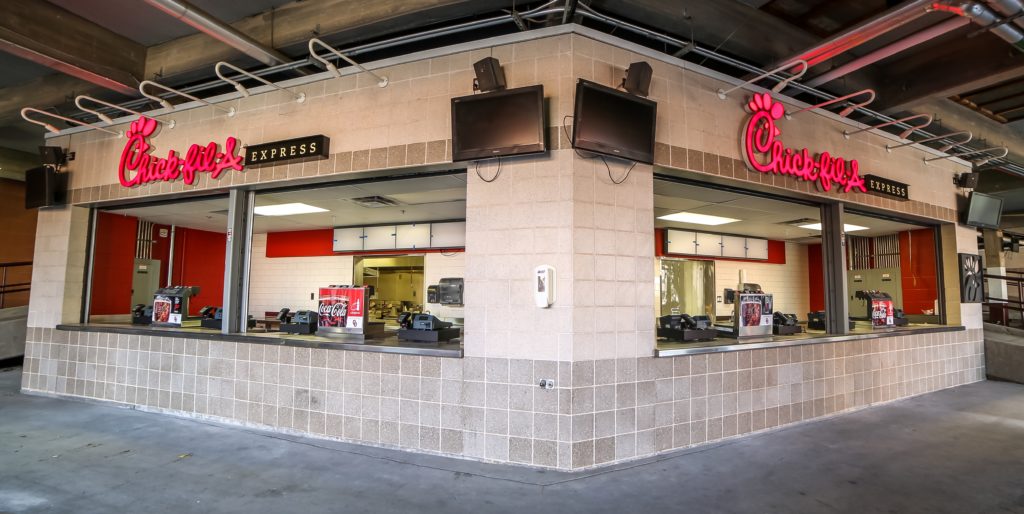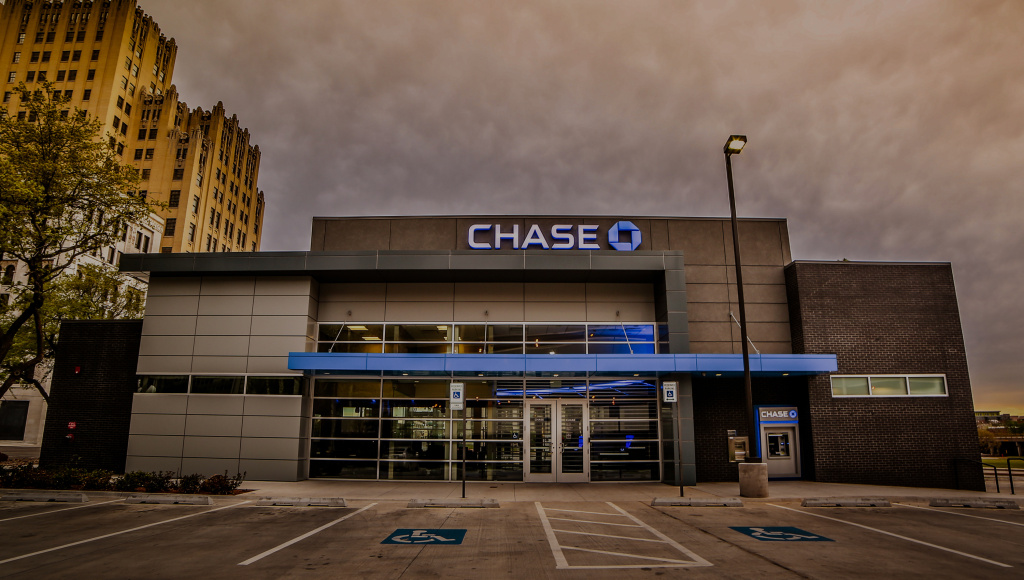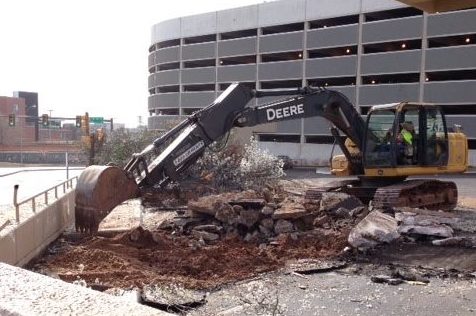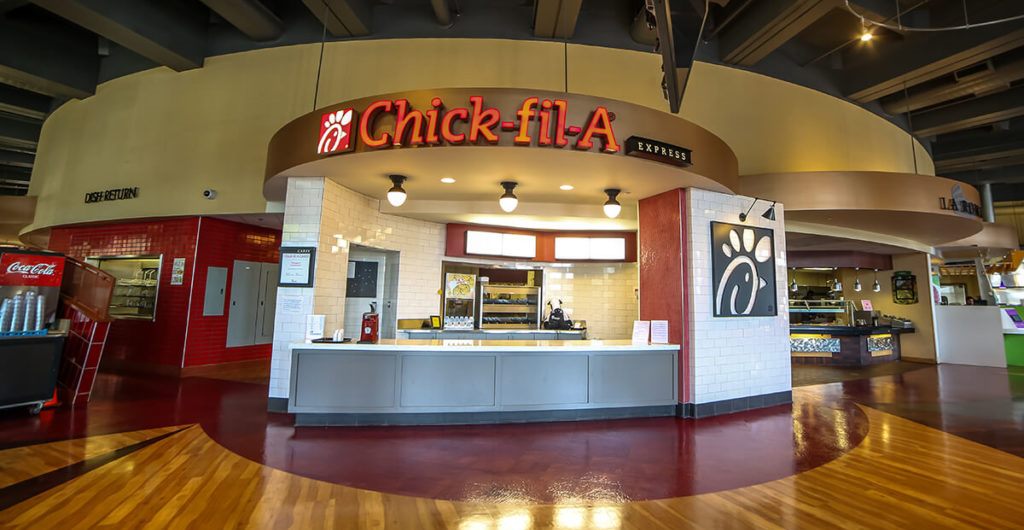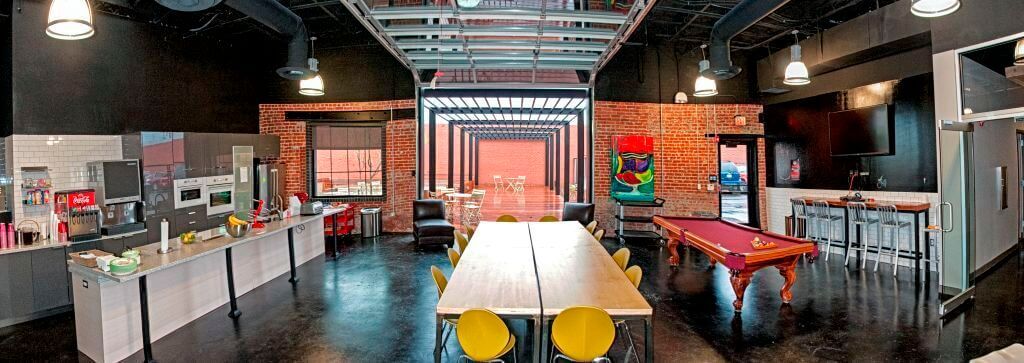
The Value of Construction Management
In our recent blogs, we covered the importance of pre-construction management, detailed design/build processes, and how to save time and money throughout construction. But, what if your project is a little more complex and requires a little extra time and attention?
In this blog, we decided to cover DBG’s approach to complex, multi-phased projects through Construction Management.
General Contractor vs. Construction Manager
While the terms “general contractor” and “construction manager” are often used interchangeably, these titles actually represent two very distinct roles within the construction industry.
Construction managers are typically involved from the start of a project, helping the client with the initial planning, as well as the selection of an architect and, sometimes, a general contractor. Construction managers frequently perform the first two tasks, then also serve as general contractor for the project.
Primarily, construction managers schedule and integrate all design and construction processes to ensure constructability and feasibility of the client’s project. They coordinate all the moving parts of a project – clients, architects, trades, subcontractors, tools, equipment, and materials – to complete projects on time and on budget. Overall, construction management is intended to streamline all primary concerns and decisions through a single entity.
A construction manager is also your primary point of leadership – both on-site and in the office. Your construction manager is responsible for strategic collaborations with architects, engineers, and city officials. Using these partnerships, your construction manager takes your vision and assumed the responsibility of coordinating all the necessary components of bringing your project to life.
Reasons to Consider a Construction Manager for Your Project
A Construction Manager Saves You Money
- Construction management is particularly useful for projects that include elements of technical complexity, are multi-phased, or require multi-trade coordination. Construction management is a critical approach that streamlines a large project that may evolve or change in scope. Having a good estimate of the costs of your project is extremely important in ensuring your expenses don’t snowball out of control once construction has begun. A construction manager works alongside your architect to value engineer and provide alternatives for staying within-budget.
- DBG was selected as the construction manager for repairing extensive tornado damage to the Moore Administrative Building. The project was multi-phased, with renovations covering over 60,000 square feet and multiple floors. In order to cover the cost of repairs, DBG’s client opened a purchasing order for $8,000,000.00. Through strategic phasing and value engineering, DBG was able to complete the necessary renovations under budget, saving our client 33% of their anticipated expenses.
“ …saving our client 33% of their anticipated expenses. “
Reduce Your Risk
DBG managed the Moore project through a construction manager-at-risk contract. CM-At-Risk is a delivery method that implements a ceiling cost for the client and shifts the risk of additional expense to the construction manager. Working under a Guaranteed Maximum Price (GMP) is a powerful incentive for the construction manager to operate in the owner’s best interest.
A CM-at-risk contract also motivates the construction team to efficiently manage construction costs, knowing they are liable for any expense that exceeds the GMP. When a construction manager is bound to a GMP, the contractual relationship is fundamentally changed, usually resulting in a positive outcome for both client and construction manager.
Reduce Scheduling Problems
As the project lead, your construction manager should be able to phase out a complex construction job in a way that is financially beneficial for you. Renting a space for company operations comes with a hefty price tag for any sized business; so, moving clients into their own space faster usually means money saved.
During DBG’s work on the Moore Administrative Center, our team implemented strategic phasing to allow the clients to resume occupancy sooner than anticipated. By moving into their own building ahead of schedule, they saved an additional $50,000 in anticipated renting costs.
“ …they saved an additional $50,000 in anticipated renting costs. “
Now that’s mission accomplished.

